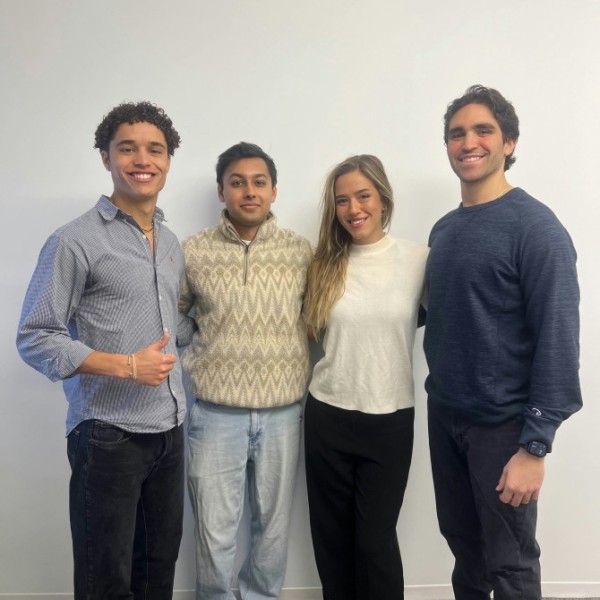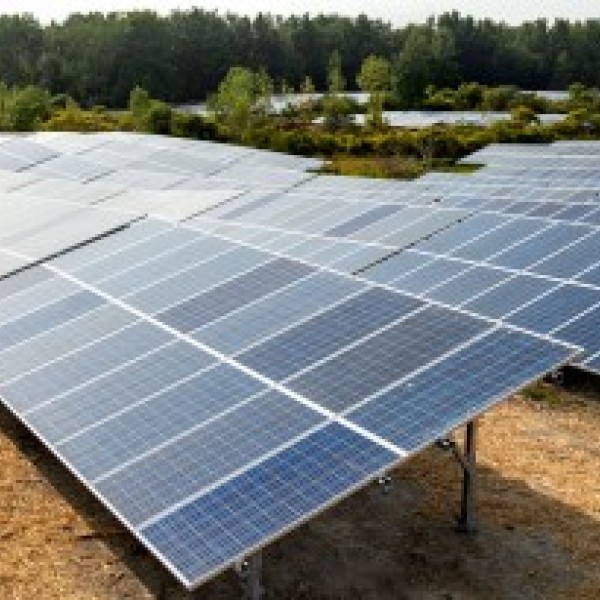Now an agricultural sciences major in the College of Agriculture and Life Sciences (CALS), Lazo was one of the first participants in the new Lund Fellows Program for Regenerative Agriculture, a summer internship that enables undergraduate CALS students to learn about ecological and social approaches to agricultural systems while working at diversified, small-scale farms in New York state.
The program is co-led by Rachel Bezner Kerr, Ph.D. ’06, professor in the Department of Global Development, and Matt Ryan, associate professor in the School of Integrative Plant Science.
“We’re thrilled with how the program came together this year and all of the interest and enthusiasm that it has generated,” Ryan said.
“Providing these off-campus experiential learning opportunities and connecting students with these remarkable farmers and host organizations is the ultimate complement to our CALS curriculum, and we are most grateful for the vision and generosity of the donor.”
The fellows program was made possible by a gift from Judith Lund Biggs ’57. The program supports small agroecological, biodynamic, organic, regenerative and sustainable farms, and seeks to include farms owned by Black, Indigenous and People of Color (BIPOC) growers and other underrepresented groups.
“This program recognizes that BIPOC farmers in particular and small farmers in general who are trying to use regenerative methods have historically been marginalized, with limited state support. This is one opportunity to change that pattern,” Bezner Kerr said.
Shelby Haley ’22, a plant sciences major with a concentration in sustainability, interned this summer at the Bronx River Foodway, a sustainable community garden at Concrete Plant Park.
“My experience exceeded my expectations. I have never been so excited to go to work and be with people before, and I feel so grateful for the time I spent here and who I spent it with,” Haley said. “Urban agriculture is not all glamorous, and a lot of the time it’s fighting for the basic resources needed to maintain these spaces. It takes a lot to steward a space for the community, and the people who put their time into it have been the best people I’ve met.”



















